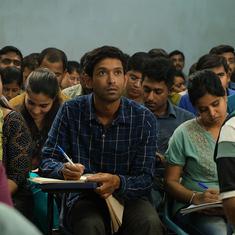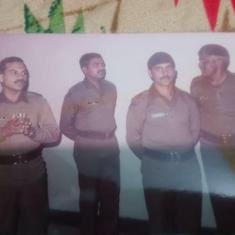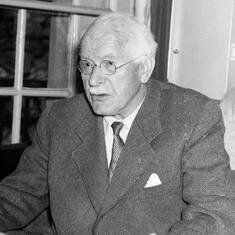The art of shooting songs for movies goes by the peculiar Indianism “song picturisation”. The coinage is frequently used by both film industry professionals as well as fans. If you trawl through the comments sections of YouTube videos of film tracks, you will find discerning reactions to the success of the filmmaker, choreographer, actors, editor and cinematographer in conveying meaning or rapture, whatever the case may be.
A film song can take the narrative forward or halt the story in its tracks for a moment of escapist bliss. A well shot song has the ability to imprint images on the brain, so that every time we think of the music and lyrics, we also think of what the actors were doing at the moment. Such tracks also have lives of their own, living on in memory when the rest of the movie has been forgotten.
Songs are a part and parcel of popular cinema – they define the Indian film, and transcend the music video in popularity and impact. The current crop of filmmakers is more likely to put songs in the background and liberate actors from lip-syncing. Our new series looks at the most imaginative ways in which filmmakers have included songs in their narrative.
The series kicks off with one of the masters of the film song. Mani Ratnam’s movies are renowned for their superior production values, economic storytelling, strong performances, and imaginatively filmed songs. Every Mani Ratnam movie, even the disappointing one, will have at least one beautifully lensed tune that fits snugly into and furthers the narrative.
Ratnam is also one of the few directors who can set AR Rahman’s often complicated arrangements to striking visuals. Rahman had scored five of Ratnam’s films (excluding the titles he produced) by the time Alaipayuthey was released in 2000. The soundtrack includes a mix of tracks that play in the background and lip-synced numbers – the opening credits roll over the Backstreet Boys-style Endrendrum Punnagai, for instance, and show the lead actor Madhavan riding his bike.
Evano Oruvan plays out in the background, and appears at a crucial point in the story, about a couple’s journey from courtship to marriage and beyond. Karthik (Madhavan) and Shakti (Shalini) have temporarily split up after a spat between their respective parents. Shakti, a medical intern, takes off for a camp in a rainwashed seaside town, and Karthik comes looking for her.
The song features Ratnam’s trademark obsession with the monsoon as well his dexterity in using music and lyrics to create the perfect set of emotions. Beautifully shot by PC Sriram and tremulously sung by Swarlanatha, Evano Oruvan powerfully conveys the passion that binds Karthik and Shakti. As a storm threatens the activities of the medical camp, a bus appears on the horizon in a long shot. Inside is a woebegone Karthik. His first stop proves unsuccessful, and he makes his way through the rain-lashed landscape, asking for Shakti’s new address. She seems to feel his presence, indicated by her absent-mindedness as she tends to her patients. Ratnam builds up the anticipation by cutting between the two characters, one in search and the other in wait.
Karthik takes the bus and a boat and pounds the soaked asphalt in search of Shakti. When he finally finds her, the rain has halted and the visuals have slowed down. One storm has given way to another. Realising that they cannot be parted anymore, Karthik and Shakti decide to marry without their parents’ knowledge.










